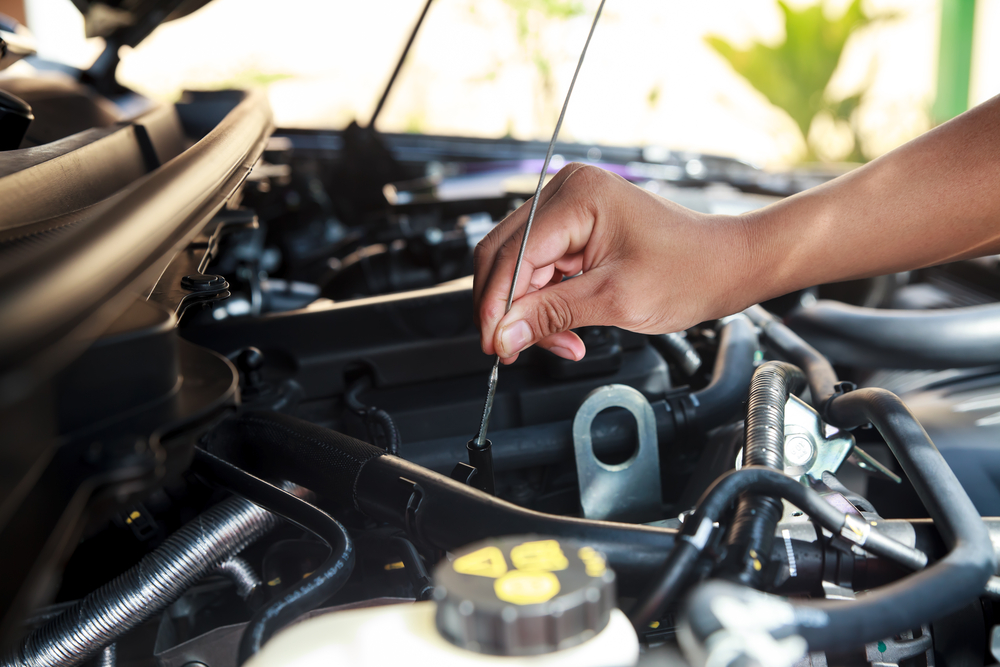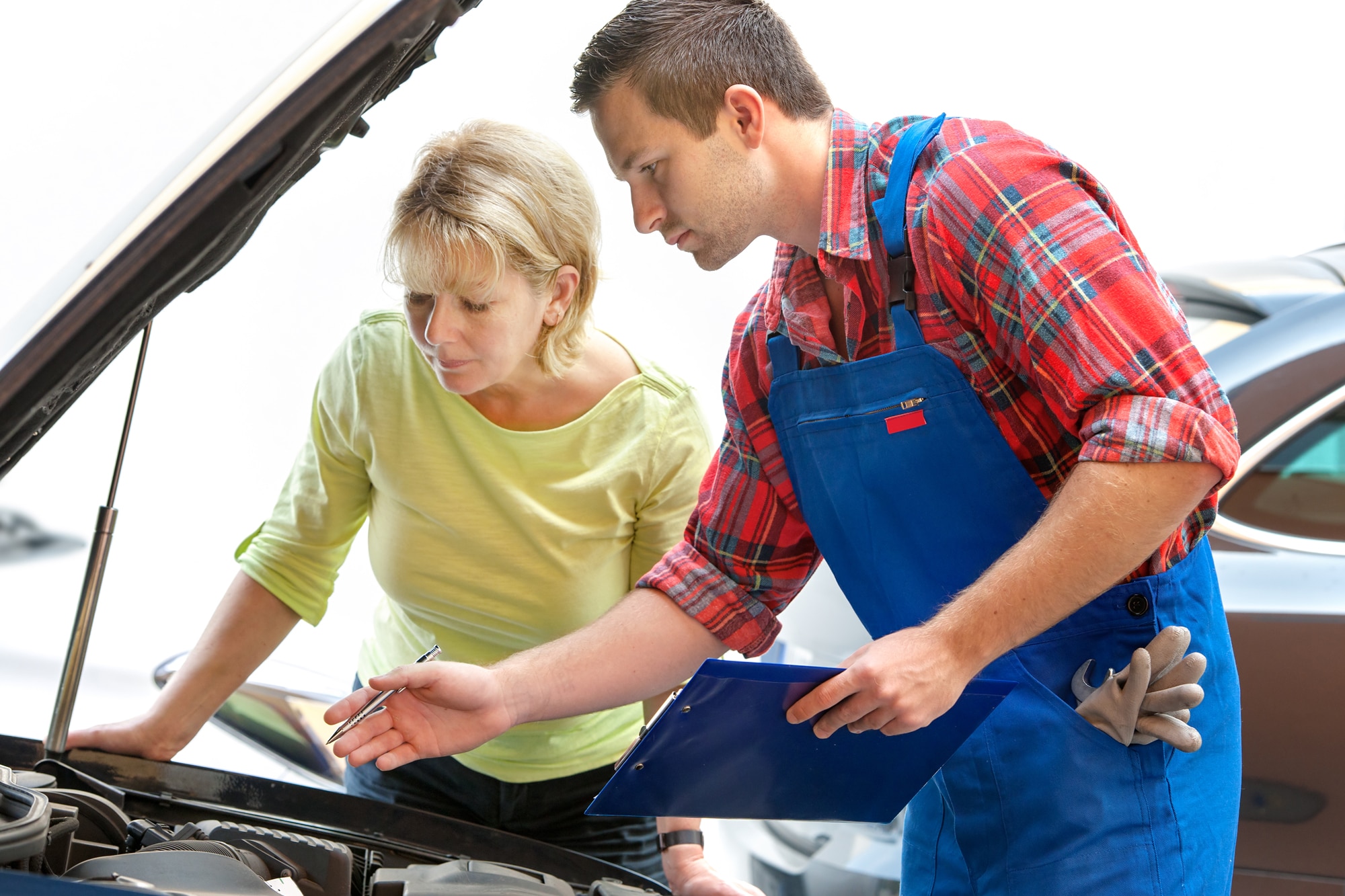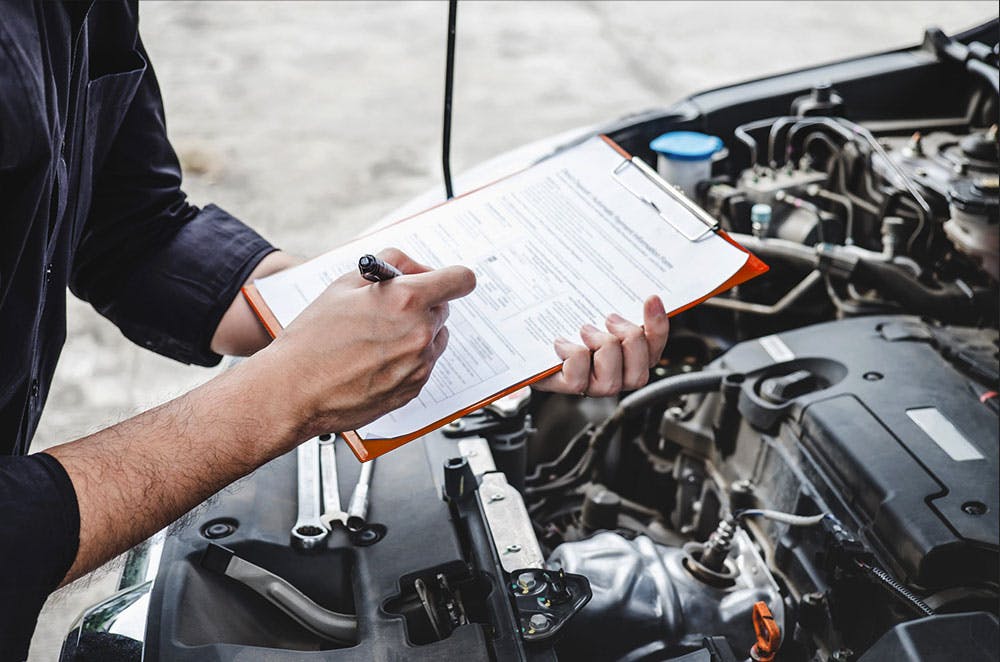All Categories
Featured
When your cars and truck gets too hot, it can feel like a major emergency, however remaining calm and complying with the ideal steps can avoid serious engine damages and help obtain you back on the road securely. In this article, we'll explore what to do if your automobile overheats and offer preventative suggestions to reduce the risk of overheating in the future.
What to Do If Your Auto Overheats. Pull Over to a Safe Area The first and essential step if your automobile begins to overheat is to draw over to a secure area as soon as possible. Activate your danger lights and lead your automobile to the shoulder or into an auto parking lot. Maintaining your auto running while it's overheated can create severe damage to the engine, so it's vital to shut the engine off today.
Allow the Engine Cool Off Once you've safely stopped, allow the engine to cool down. You ought to never attempt to open up the radiator cap while the engine is still warm, as the release of steam or warm coolant can create burns. Wait at the very least 15-20 minutes to enable the engine temperature level to go down to a safer level prior to continuing.
![]()
Inspect the Coolant Degree After the engine has actually cooled, check the coolant degrees by examining the tank or radiator. If it's reduced, leading it off with a mixture of coolant and water (as specified by your vehicle's manufacturer) Constantly use caution when opening up the coolant tank, as stress may have accumulated.
Try To Find Noticeable Leaks While you wait for the engine to cool down, aesthetically examine the radiator, tubes, and coolant storage tank for any type of visible leakages or cracks. A leaking radiator or tube is a common cause of getting too hot. If you find a substantial leakage, it's much better to call a tow solution than threat driving better and causing added damages.
Restart the Engine After permitting the engine to cool and making sure the coolant is completed, start the engine and keep track of the temperature level gauge. If the temperature remains to climb quickly, it's finest to shut the engine off and ask for roadside aid or a tow to the local technician.
![]()
How to avoid Getting Too Hot in the Future. Consistently Check Coolant Degrees One of the easiest methods to protect against overheating is by preserving the best degree of coolant. With time, coolant can evaporate, so regularly check the coolant degrees in the storage tank. Reduced coolant degrees can create the engine to overheat promptly, so leading it off as needed.
Evaluate the Radiator The radiator plays a vital duty in keeping the engine cool. Periodically inspect the radiator for any type of clogs, dirt, or particles that could block air flow. If you see any signs of damages, such as corrosion or leakages, have it repaired or replaced as soon as feasible.
Replace the Thermostat and Water Pump A malfunctioning thermostat or water pump is a typical root cause of overheating. The thermostat regulates the flow of coolant, while the water pump distributes it via the engine. If either component is defective, it can stop correct air conditioning. When required., have your mechanic examine these parts routinely and change them.
Flush the Air conditioning System With time, coolant can break down and come to be inadequate, creating an accumulation of debris in the system. Purging the air conditioning system every 30,000 miles, or as suggested in your vehicle's guidebook, aids to eliminate any type of sludge or build-up and ensures the cooling system is working correctly.
Display the Problem of the Tubes The hoses in your lorry's cooling system can break or split gradually. Examine the hose pipes for any type of indicators of wear, such as protruding, fractures, or leaks, and replace them if needed. Avoiding coolant leaks can go a long way in preventing getting too hot.
![]()
Drive Properly Aggressive driving, such as speeding up quickly or driving at broadband, places extra pressure on your engine and its cooling system. Try to drive at moderate speeds, particularly on warm days or when driving on high inclines, to lower the opportunities of getting too hot.
Avoid Overloading Your Car Bring extreme weight in your lorry puts stress on the engine and air conditioning system. Always bear in mind your automobile's weight restriction, specifically if you're transporting heavy loads, towing a trailer, or driving lengthy distances in hot weather condition.
Final thought. An overheating car can be a frightening experience, yet recognizing how to react and avoid it can conserve you time, cash, and possible engine damage. Constantly examine your coolant levels, evaluate vital components like the radiator, thermostat, and pipes, and comply with a routine maintenance schedule. By staying on top of your lorry's cooling system, you can reduce the danger of getting too hot and take pleasure in a smoother, safer driving experience.
What to Do If Your Auto Overheats. Pull Over to a Safe Area The first and essential step if your automobile begins to overheat is to draw over to a secure area as soon as possible. Activate your danger lights and lead your automobile to the shoulder or into an auto parking lot. Maintaining your auto running while it's overheated can create severe damage to the engine, so it's vital to shut the engine off today.
Allow the Engine Cool Off Once you've safely stopped, allow the engine to cool down. You ought to never attempt to open up the radiator cap while the engine is still warm, as the release of steam or warm coolant can create burns. Wait at the very least 15-20 minutes to enable the engine temperature level to go down to a safer level prior to continuing.

Inspect the Coolant Degree After the engine has actually cooled, check the coolant degrees by examining the tank or radiator. If it's reduced, leading it off with a mixture of coolant and water (as specified by your vehicle's manufacturer) Constantly use caution when opening up the coolant tank, as stress may have accumulated.
Try To Find Noticeable Leaks While you wait for the engine to cool down, aesthetically examine the radiator, tubes, and coolant storage tank for any type of visible leakages or cracks. A leaking radiator or tube is a common cause of getting too hot. If you find a substantial leakage, it's much better to call a tow solution than threat driving better and causing added damages.
Restart the Engine After permitting the engine to cool and making sure the coolant is completed, start the engine and keep track of the temperature level gauge. If the temperature remains to climb quickly, it's finest to shut the engine off and ask for roadside aid or a tow to the local technician.

How to avoid Getting Too Hot in the Future. Consistently Check Coolant Degrees One of the easiest methods to protect against overheating is by preserving the best degree of coolant. With time, coolant can evaporate, so regularly check the coolant degrees in the storage tank. Reduced coolant degrees can create the engine to overheat promptly, so leading it off as needed.
Evaluate the Radiator The radiator plays a vital duty in keeping the engine cool. Periodically inspect the radiator for any type of clogs, dirt, or particles that could block air flow. If you see any signs of damages, such as corrosion or leakages, have it repaired or replaced as soon as feasible.
Replace the Thermostat and Water Pump A malfunctioning thermostat or water pump is a typical root cause of overheating. The thermostat regulates the flow of coolant, while the water pump distributes it via the engine. If either component is defective, it can stop correct air conditioning. When required., have your mechanic examine these parts routinely and change them.
Flush the Air conditioning System With time, coolant can break down and come to be inadequate, creating an accumulation of debris in the system. Purging the air conditioning system every 30,000 miles, or as suggested in your vehicle's guidebook, aids to eliminate any type of sludge or build-up and ensures the cooling system is working correctly.
Display the Problem of the Tubes The hoses in your lorry's cooling system can break or split gradually. Examine the hose pipes for any type of indicators of wear, such as protruding, fractures, or leaks, and replace them if needed. Avoiding coolant leaks can go a long way in preventing getting too hot.

Drive Properly Aggressive driving, such as speeding up quickly or driving at broadband, places extra pressure on your engine and its cooling system. Try to drive at moderate speeds, particularly on warm days or when driving on high inclines, to lower the opportunities of getting too hot.
Avoid Overloading Your Car Bring extreme weight in your lorry puts stress on the engine and air conditioning system. Always bear in mind your automobile's weight restriction, specifically if you're transporting heavy loads, towing a trailer, or driving lengthy distances in hot weather condition.
Final thought. An overheating car can be a frightening experience, yet recognizing how to react and avoid it can conserve you time, cash, and possible engine damage. Constantly examine your coolant levels, evaluate vital components like the radiator, thermostat, and pipes, and comply with a routine maintenance schedule. By staying on top of your lorry's cooling system, you can reduce the danger of getting too hot and take pleasure in a smoother, safer driving experience.
Latest Posts
Quick Car Repair Solutions - Reserve Your Spot with Montclare Auto Repair Right Away
Published Apr 19, 25
2 min read
Full Circle Strategic Marketing - Achieve More with Our Trusted Agency for Maximum Impact
Published Apr 19, 25
2 min read
Full Circle Strategic Marketing - Expand Inbound Leads with Tailored Marketing Strategies
Published Apr 19, 25
2 min read
More
Latest Posts
Quick Car Repair Solutions - Reserve Your Spot with Montclare Auto Repair Right Away
Published Apr 19, 25
2 min read
Full Circle Strategic Marketing - Achieve More with Our Trusted Agency for Maximum Impact
Published Apr 19, 25
2 min read
Full Circle Strategic Marketing - Expand Inbound Leads with Tailored Marketing Strategies
Published Apr 19, 25
2 min read